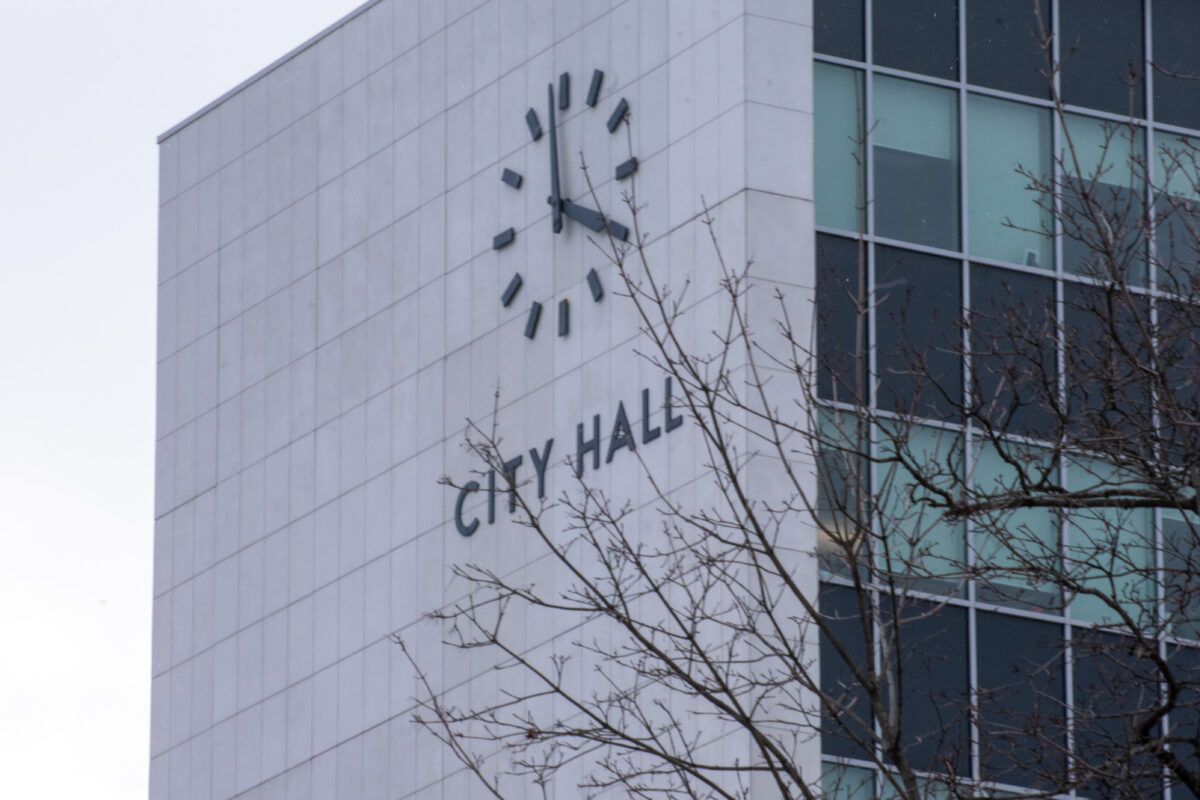Landlord-Tenant matters continue to arrive at Hamilton’s Property Standards Committee.
Ontario’s Landlord-Tenant Board is backlogged, with “N5” eviction hearings taking months to schedule and evictions months to process. The N5 eviction category includes damage to rental properties.
Hamilton’s Property Standards By-law compliance timelines were written at a time when LTB hearings would be conducted within weeks of application filing, and issued evictions enforced quickly after that.
Currently, the City is grappling with tenants who file complaints about property standards violations that landlords claim result from damage created by the tenant.
One of today’s two hearings was a classic example of this issue.
In the other hearing, a person identified as the property manager submitted lengthy and contradictory evidence requesting an adjournment.
(Note: The City of Hamilton did not release any exhibits. TPR is not identifying the properties because the City of Hamilton is withholding written evidence and arguments. TPR cannot determine the validity arguments.)
Hearing One: A Common Landlord-Tenant Dispute
A tenant filed a property standard complaint that a window in the property was in disrepair. The City ordered the landlord to replace the window by July 8.
The landlord sat beside their representative during the hearing.
The representative stated there were delays in receiving the replacement window, and that the replacement window was installed.
Upon replacing the window, the landlord says they learned the locking mechanism was not working, and the tenant requires a window screen.
The representative says their window replacement company tried to fix this on Tuesday, but the tenants refused entry.
They submitted documents to support this.
“It seems to be shooting yourself in the foot,” responded Committee Chair Thomas Lofchik.
The representative submitted that the landlord is in the process of seeking eviction from the Landlord-Tenant Board. They stated they filed the LTB application in February.
The City of Hamilton’s property standards lawyer opposed the adjournment request, saying the “City is not privy to the Landlord-Tenant issue” and that this was not a relevant grounds for adjournment.
The Committee granted a one-month extension for compliance.
Hearing Two: An Unusual Landlord-Tenant Dispute
The owner of this property is appealing six compliance orders. Their property manager attended the hearing.
The property manager sought an adjournment, providing a laundry list of reasons:
– That the owner of the property is only one of the two people listed on the property record;
– That the registered mail notice of appeal hearing was sent to an mailbox they do not routinely check. (After they were granted the adjournment, they instructed the City to send the registered mail notice to this mailbox, stating it is correct and they check it regularly);
– That the City made a typographical error regarding the postal code on the Order. (The postal code on the official order is correct);
– That they only opened the registered letter 20 days prior to the hearing, and that the notice was late. (The City’s registered mail record states it was delivered 21 days prior);
– All these errors meant the owner did not have notice; in the alternative, they did not have time to prepare. (The property manager confirmed they received and reviewed all information sent to them by email.);
– The property manager said they did not have time to prepare because they were complying with an “urgent order” issued by the fire department at another property. They stated they worked at that other site until 10 p.m. last night.
– The property manager said they have a recent death in their family.
– They wish to review case law to argue the “occupant” is not a “tenant” (They stated the person is paying rent)
– They wish to review case law regarding the use of “and/or” in the property standards bylaw
– The City has not revealed the identity of the complainant. “If it is not a matter of national security” they say the City should disclose this. [Ontario’s Privacy Commissioner has ruled municipalities do not need to reveal who files municipal bylaw complaints]
The property standards order states the unit does not have doors for bedrooms and the bathroom, the kitchen sink is not connected to plumbing or a drain, and the roof is not sealed. Water is entering the unit, the ceiling has holes, there are no floor tiles, and there are electrical violations.
The property manager states they rented “a room” to the tenant of the second-floor unit subject to the person performing work on the unit.
They state they are at the Landlord-Tenant Board, arguing that the tenant is not legally occupying the unit; they were renting a room and are now using the entire unit. They want the LTB to declare the person is not a tenant
After an hour of adjournment submissions, the Property Standards Committee agreed to give the property manager a month to prepare.
Immediately after the adjournment was granted, the City Clerk’s staff asked what address the property manager wanted the formal rescheduled hearing notice mailed to. They said to use the same address as the first notice.
The Clerk asked them to confirm.
They said they check that mailbox.
Related:
June 5, 2024 – the Property Standards Committee dealt with one tenant damage situation.
July 4, 2024 – A tenant damage matter in Ancaster was heard by the Committee. (Repairs were made shortly after the Sheriff evicted the tenant).
Production Details v. 1.0.0 Published: October 2, 2024 Last updated: October 2, 2024 Author: Joey Coleman Update Record v. 1.0.0 original version

